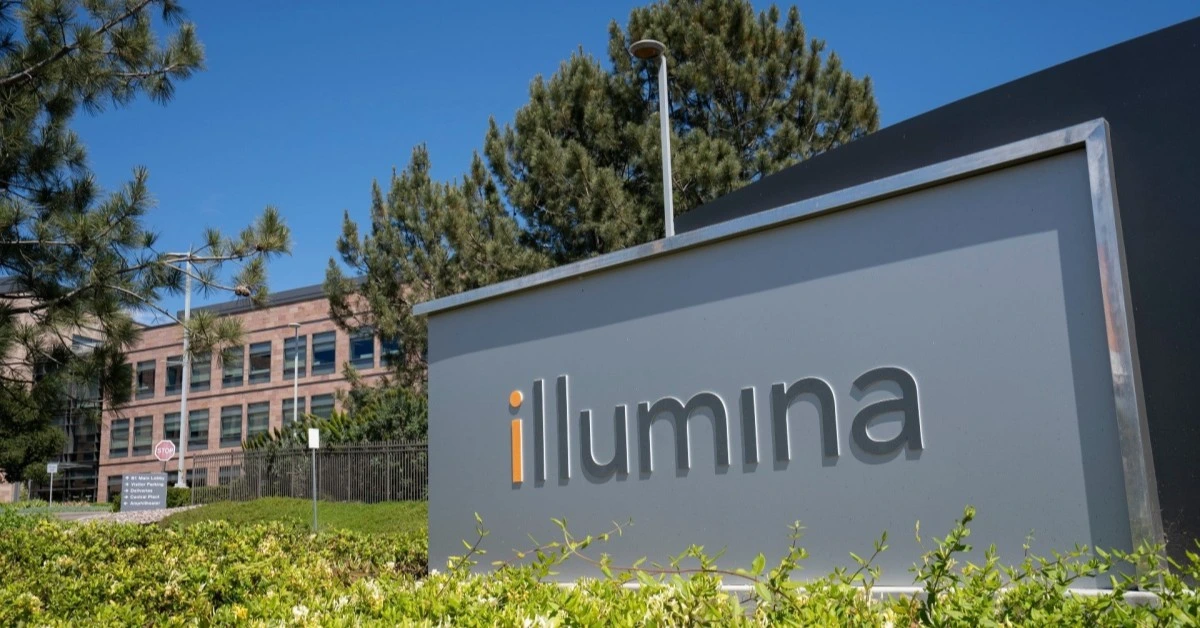
USA – Illumina has introduced a series of updates to its top-tier DNA sequencing platforms, aiming to make its high-throughput machines more appealing and accessible to smaller laboratories.
The company has made significant strides with its NovaSeq X series, a model capable of analyzing over 20,000 whole human genomes annually when fully equipped.
To better accommodate labs processing fewer samples, Illumina started shipping a single-flow cell system last month, offering a more affordable entry point.
“This is the same instrument the scientific community has come to rely on for next-generation sequencing, now with upgraded software, new kits, and the option for a lower volume,” said Steve Barnard, Illumina’s chief technology officer, in a statement.
In addition to the single-flow cell system, Illumina has launched new 25B 100-cycle and 200-cycle kits tailored for its NovaSeq X and NovaSeq X Plus machines.
These kits are designed to support a variety of applications, including multiomics, while offering flexibility in run sizes and cycle counts to cater to the diverse needs of clinical, academic, and other labs.
Barnard emphasized the customer-focused innovations, saying, “Based on customer input, we’ve invested heavily in innovations to make the platform even stronger and more versatile, supporting total workflows with flexible applications spanning genomics and multiomics.”
Further broadening its offerings, Illumina has rebranded and commercially launched the single-cell prep system it acquired through its US $85 million purchase of Fluent BioSciences in July.
Formerly known as Fluent’s PIPseq V, the single-cell RNA and nuclei isolation supplies are now compatible with Illumina’s sequencing platforms, including the NextSeq 1000/2000, NovaSeq 6000, NovaSeq X, and the new 25B kits.
Fluent’s technology, initially developed at the University of California, San Francisco, and previously backed by Illumina’s venture capital arm, enables efficient sorting and labeling of complex cell mixtures—ranging from 100 to 1 million cells—without requiring additional microfluidic consumables prior to sequencing.
XRP HEALTHCARE L.L.C | License Number: 2312867.01 | Dubai | © Copyright 2025 | All Rights Reserved